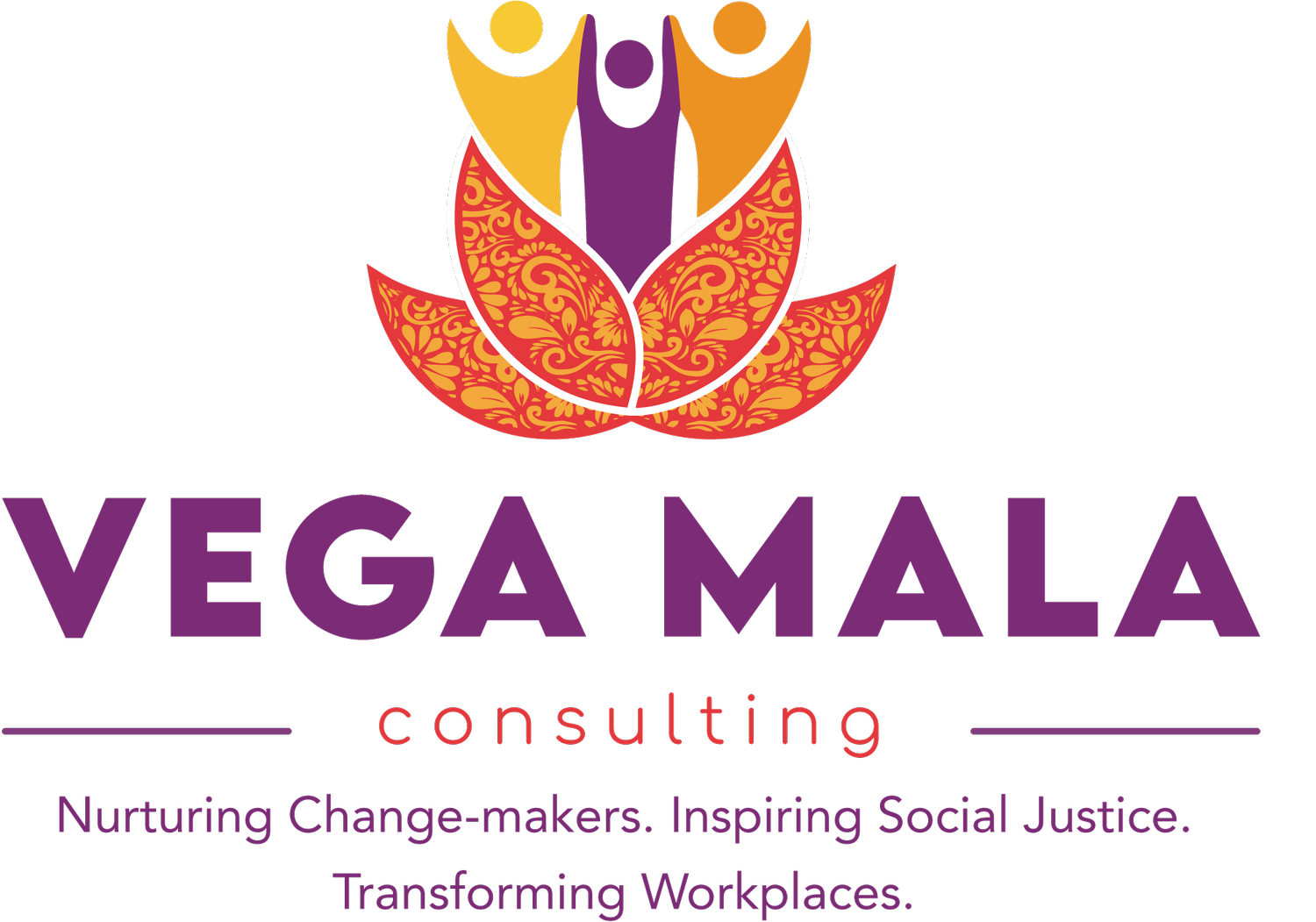Ignore Your Intuition at Your Own Peril
Mala always tells me that I have a really strong intuition. And I’m inclined to agree with her. I remember when we searched for a place to live together for the first time in 2000. We had our carefully constructed list of criteria, sure, because obviously we did, and it was probably on an Excel spreadsheet as well. Because obviously it was.
But when we looked at places that more or less met our criteria, as often as not, I’d know within nanoseconds of walking in the door whether I even wanted to see the rest of the apartment, much less live in it. “I don’t like it. I just don’t like it. Nope.”
Mala was both impressed and puzzled annoyed. Impressed because, she would say, there’s no way she could access internal information that would tell her within nanoseconds that this wasn’t the right place. How did I do that? And annoyed because, wait, this apartment meets all of our painstakingly constructed criteria; why would I so cavalierly dismiss it within nanoseconds? But what about how open and airy it was? How close to the main drag? How easy it would be to have friends over? Wait wait wait, let’s at least look at the rest of the place, who knows? It could grow on you. Right? I mean, right?
Wrong.
Mala learned early on in our relationship that if the vibe of something just felt off, then there weren’t words that could be used or arguments that could be made that could convince me to ignore my gut.
When it came to places to live, that is. In those circumstances, I am aware that I have a gut feeling, and I refuse to ignore it. Contrast that with the way I chose jobs. Chaotic at best, utterly misinformed, some might say delusional, at worst. Even though my gut is screaming at the same decibel level.
So, what’s the difference? And does Mala really not have access to the same gut feelings that I do?
To start, we all do in fact have access to “gut feelings.” Neurogastroenterology tells us so. Indeed, their first key point is, “The connection between the gut and the brain is being increasingly recognized.” The enteric nervous system (ENS), or “second brain,” hangs out in our gut (OK, gastrointestinal tract) and makes mischief (OK, “controls the motor functions of the system, in addition to the secretion of gastrointestinal enzymes”). But the effects of the ENS on our decision-making are indisputable (if you ignore the part where they say, “Research on the gut–brain axis of disease is reasonably new, concepts are changing rapidly, and further investigation is much needed”).
No but seriously, we do have a brain in our gut that, while not conscious the way the brain in our head is, truly does send us information that can help with our decision-making.
So when I didn’t use it when making career moves, why not? Or when Mala says she doesn’t have good intuition, why not?
Is it that we genuinely don’t notice our gut feelings?
Is it that we notice, but don’t trust what we’re noticing/don’t trust ourselves enough to trust our noticing?
Is it that we notice, but we’re unwilling to pay attention to what we’re noticing?
I know that when I made terrible career choices, despite my gut screaming at me, it was because my intuition was papered over by something. Anxiety about running out of money, usually. Or the lure of a prestigious title.
But I was miserable every. Damn. Time. And at some point along the way, I'd do that thing of telling myself that I knew in my heart that this was a bad idea; why oh why didn't I just pay attention?
Now, to be fair, I know of no study that demonstrates a 1:1 correlation between "trusting your gut" and "you have arrived at the perfect decision, the likes of which could not have otherwise been achieved."
Even further, sometimes we might "trust our gut" and still be miserable because of criteria hidden from us or otherwise out of our control. After all, our "gut" is basically a split-second brain scan of every experience we've ever had. So if we haven't had an experience yet, results good, bad, and ugly of said experience have not yet been entered into our "gut's" database.
And further still, hindsight is 20/20, and we can reinvent past "truths" to suit our convenience. I can claim today that I knew every time when a job I took was a terrible idea. Did I, though? Who's to tell?
Regardless, we do have tools at our disposal to build our "gut-check" muscle. The number one tool, no matter who you talk to, is to quiet yourself down. Take several breaths. Pay attention to what's happening in your body.
When I'm at a restaurant and trying to decide between several dishes, I'll take a moment to "taste" each one for a few seconds, and "feel" how I'll feel once I've finished the meal. More often than not, this exercise will lead me to my decision, and it'll be one I'm glad to have made. (I usually have a good gut feeling about macaroni and cheese.)
Are there ways, small and low-stakes, that you can build your "gut-check" muscle? Are there other hacks you'd like to share?
As Anne Lamott says, "Almost everything will work again if you unplug it for a few minutes. Including you."

